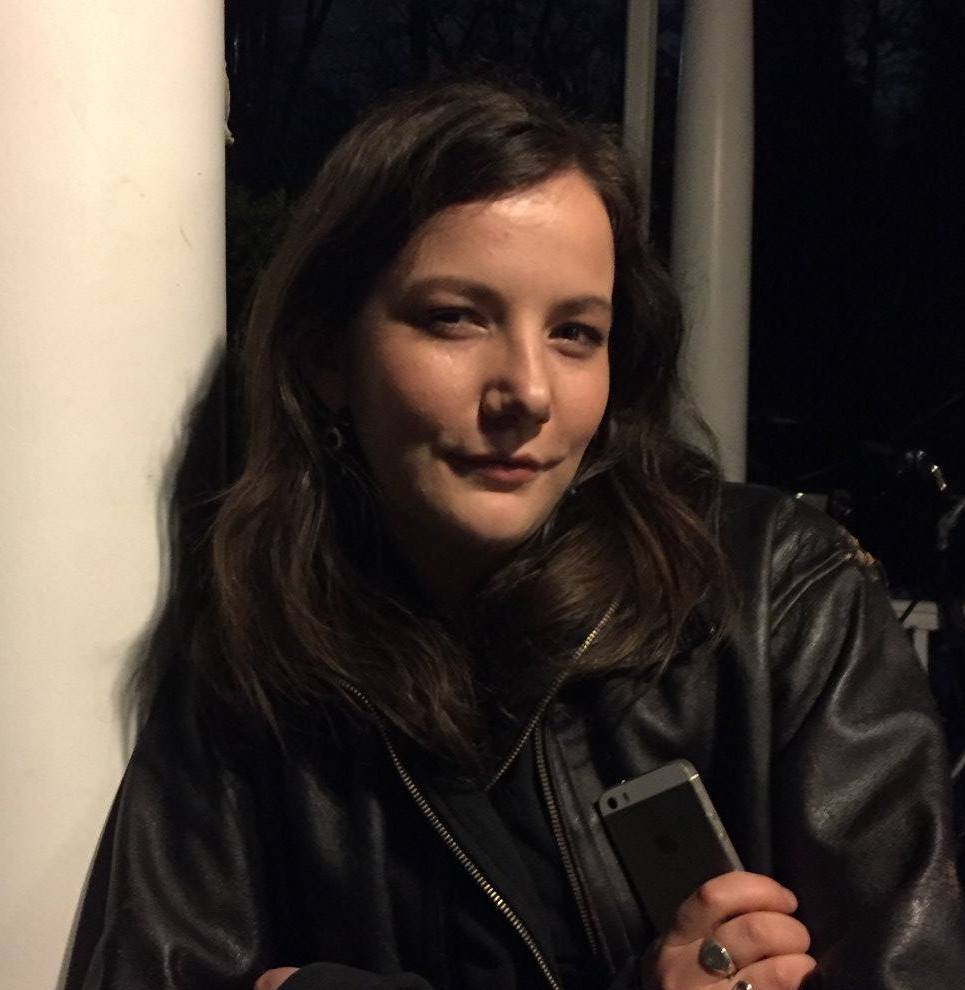Princess Leonor of Spain made her public speaking debut yesterday, at the age of 13, reading an article of the Spanish Magna Carta. She’s not the only royal who started speaking to the public at a young age. Princess Leonor is following in her father King Felipe’s footsteps — he also made his first speech at age 13 — and those of Meghan Markle, who made her debut on the public stage at age 11.
Public speaking has preoccupied us since at least the time of the ancient Greeks, for whom rhetoric was a crucial part of education. There’s good reason for this preoccupation: No matter how great an idea you have, if you can’t communicate it, it you’ll have a difficult time putting it into action. For leaders, royal or otherwise, communication often happens on a large, public scale — they need to rally people behind their ideas for them to become a reality.
Some take to the process naturally. Princess Leonor, with her firm public speaking voice even at age 13, seems to be part of that lucky group. Meghan Markle fits into the category, too. Back in 1993, she went on television to talk about a soap commercial that implied washing dishes was women’s work. The footage shows that she was a poised, thoughtful public speaker even at age 11.
But not all royals are born with a predisposition for confident public speaking. The 2010 Oscar-winning film The King’s Speech delves into the anxiety that, for some leaders, can accompany public speaking. King George VI of England, whose story is fictionalized in the film, struggled with speechmaking just like many of us do.
In the film, through practice and professional guidance, King George learns to speak in his own powerful way. Whether you’re a new speaker like Princess Leonor), or just want to polish up your skills, read on for how you can ease your own stress around public speaking.
Practice as much as you can
“Practice as often as possible so as to reduce the novelty of the experience. Novelty and uncertainty boost arousal and anxiety,” Albert Mehrabian, Ph.D., Professor Emeritus of psychology at UCLA and a pioneering figure in the the study of communication, explains. If you’ve already read your remarks out loud 50 times, the 51st time, in front of all those people, won’t feel quite so new or scary anymore.
Rehearsal will also help decrease any anxiety you have about making errors, so go over your facts and figures as much as you can, Mehrabian says. If you truly know what you’re talking about, you’ll feel more comfortable.
In turn, once you’re more comfortable with your topic, there’s also less of a need to memorize, notes Matt Abrahams, M.A., a lecturer at Stanford University’s Graduate School of Business and author of Speaking Up Without Freaking Out: 50 Techniques for Confident, Calm, and Competent Presenting. “Create an outline that you practice from,” he recommends.
Keep yourself moving
“Move around a few steps in each direction, instead of staying frozen in one place as you talk. Casual movements help with relaxation,” Mehrabian says. This goes for your head, too. “Don’t focus on a single spot in your audience, but instead move your eyes and head in a variety of directions. This will take your focus away from you and your anxiety. Seeing people in the audience and their reactions will help distract you,” he says.
Get sleep and avoid stimulants
“Be sure to get plenty of sleep and rest prior to the speech, and avoid too many caffeinated drinks or any stimulants the day of the speech,” Mehrabian emphasizes. Making sure your body is well rested and calm will allow you to be your best, least anxious self as you speak.
Follow us on Facebook for all the latest news on how you can keep Thriving.
More from Thrive Global:
8 Things You Should Do After 8 P.M. If You Want to Be Happy and Successful


